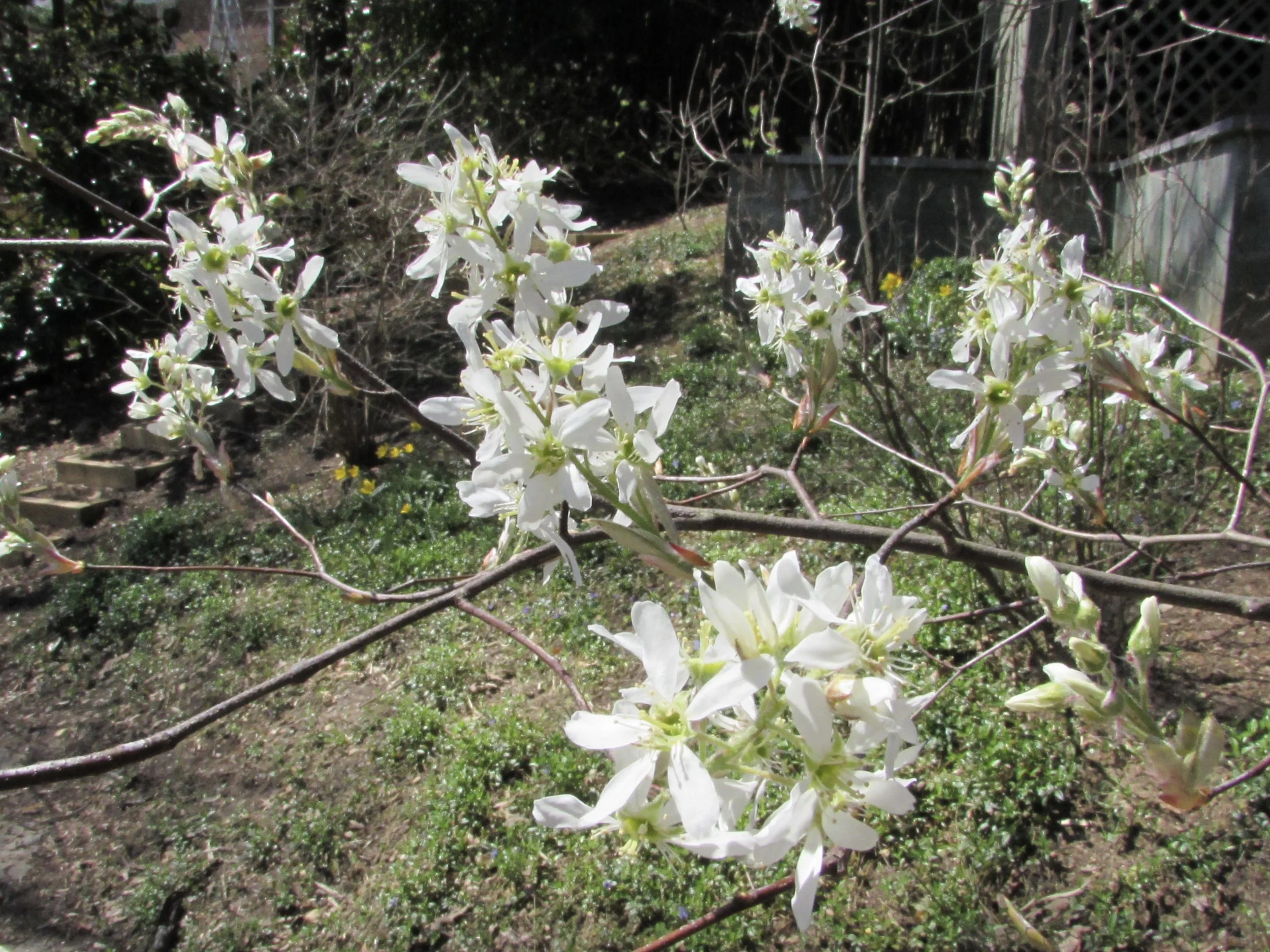The Challenges of Replicating Biomedical Research
Replicating research studies to validate findings has often been promoted as a cornerstone of the scientific method. Yet, voluntary duplication of someone else’s research has always faced challenges, partly because the scientific community often prioritizes originality and novelty over repeating what someone else did in the past.
Such reluctance makes sense. If you are a researcher or lab director focused on advancing your own career, how likely are you to allocate scarce resources to replicating someone else’s work, as opposed pursuing an idea of your own that is original or groundbreaking? Besides, when you publish in a peer reviewed journal, aren’t you supposed to incorporate enough methodology information and data to allow for someone else to evaluate your findings?
Still, when replication has been attempted, results have often failed to duplicate original findings. In response to this, the National Institutes of Health (NIH) has launched an initiative to "double-check" biomedical studies. According to a December 26 article in Science (published by the AAAS), the NIH is now allocating funding to enable researchers to hire commercial laboratories to replicate methods and findings.
The program’s results so far have been mixed. For example, outside laboratories may face limitations in accurately replicating specialized methods. Additionally, the findings of such replicated studies are not always made public; this lack of transparency has drawn criticism.
This raises important questions about the broader application of such efforts, particularly for health-related studies funded by the NIH that are relevant to treatments or diseases. We want these studies to be “correct,” right?
It will be interesting to see how the practice of funding replication studies evolves.
It will also be interesting to observe whether and how AI-driven methods might provide effective alternatives for simulating some parts of the the replication process. Perhaps AI-based approaches will offer new ways to address the challenges inherent in validating research findings.
Copyright (c) 2025 by Dennis D. McDonald





